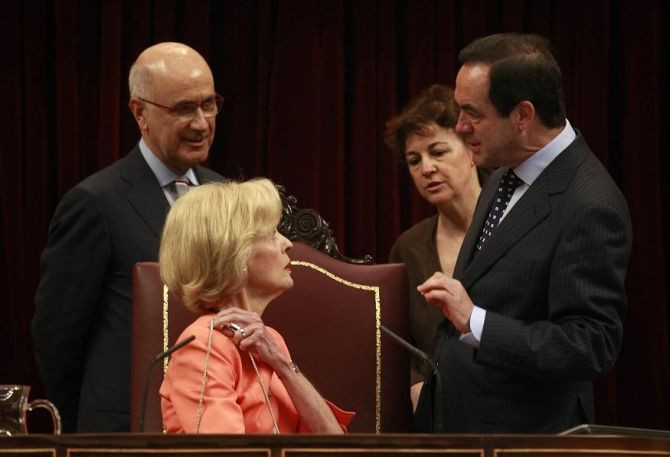Economists Develop Methodology for Evaluating Effects of Language Barriers

In the European Union there are 23 official languages across 27 countries, but when it comes to business, politics, legal affairs, and community forums, people speak in English.
According to a new study from economists Shlomo Weber of Southern Methodist University, language barriers in the EU exclude people who don’t know English, despite the fact that barely a third of its 500 million citizens speak it.
"History provides many examples of political regimes that have mandated single languages for efficiency or social control reasons, many of which have proved unsustainable in the face of backlash from those disenfranchised linguistically," said Weber.
Weber worked with Victor Ginsburgh from the Free University of Brussels to develop a methodology to quantitatively evaluate both costs and benefits of government policies to either expand or reduce diversity.
According to Weber, nations must weigh the costs of linguistic disenfranchisement against the benefits of standardization.
"Our analysis offers a formal framework by which to address the merits and costs of the vast number of languages spoken in various countries," said Weber. "We formally measure linguistic similarities and subsequently the linguistic distances between groups who speak various languages."
Weber and Ginsburgh report their findings and the methodology in their new book, "How Many Languages Do We Need?"
Published by Medicaldaily.com



























